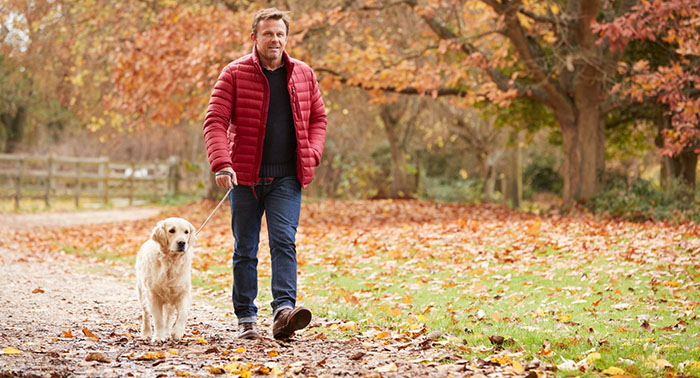A new University of Liverpool report suggests that dog welfare campaigns that tell people to be “responsible owners” don’t help to promote behaviour change.
Dog owners interviewed for a study, published in Anthrozoös, all considered themselves to be responsible owners, despite there being great variation in key aspects of their dog-owning behaviour.

Dr Carri Westgarth, lead researcher and a dog behaviour expert at the University of Liverpool, said: “Policy and campaigning messages related to dog ownership and welfare tend to focus on the concept of being a responsible owner.
“However, while ‘responsible dog ownership’ has considerable appeal as a concept, how it is perceived and interpreted has not been studied in-depth.”
In order to better understand beliefs and views about responsibility in dog ownership, the researchers carried out in-depth interviews with dog-owning households and shorter interviews with dog owners while walking their dogs or representing their breed at a dog show.
The interviews focused on dog walking, an issue perceived to be a component of responsible dog ownership, as well as other aspects of campaign messages, such as dog fouling, aggression and neutering.
Dr Westgarth said: “It’s clear from our research that responsible dog ownership means different things to different people at different times. It emerges from a blurred intersection of the needs of dogs, owners, and others, where often the dog comes first.
“Dog owners do what they perceive to be best for their individual dog, even if this goes against general advice given such as how often dogs need walking or neutering campaigns.”
The report authors said that further research is now required in order to understand the implications for wider aspects of responsible dog ownership practices.


